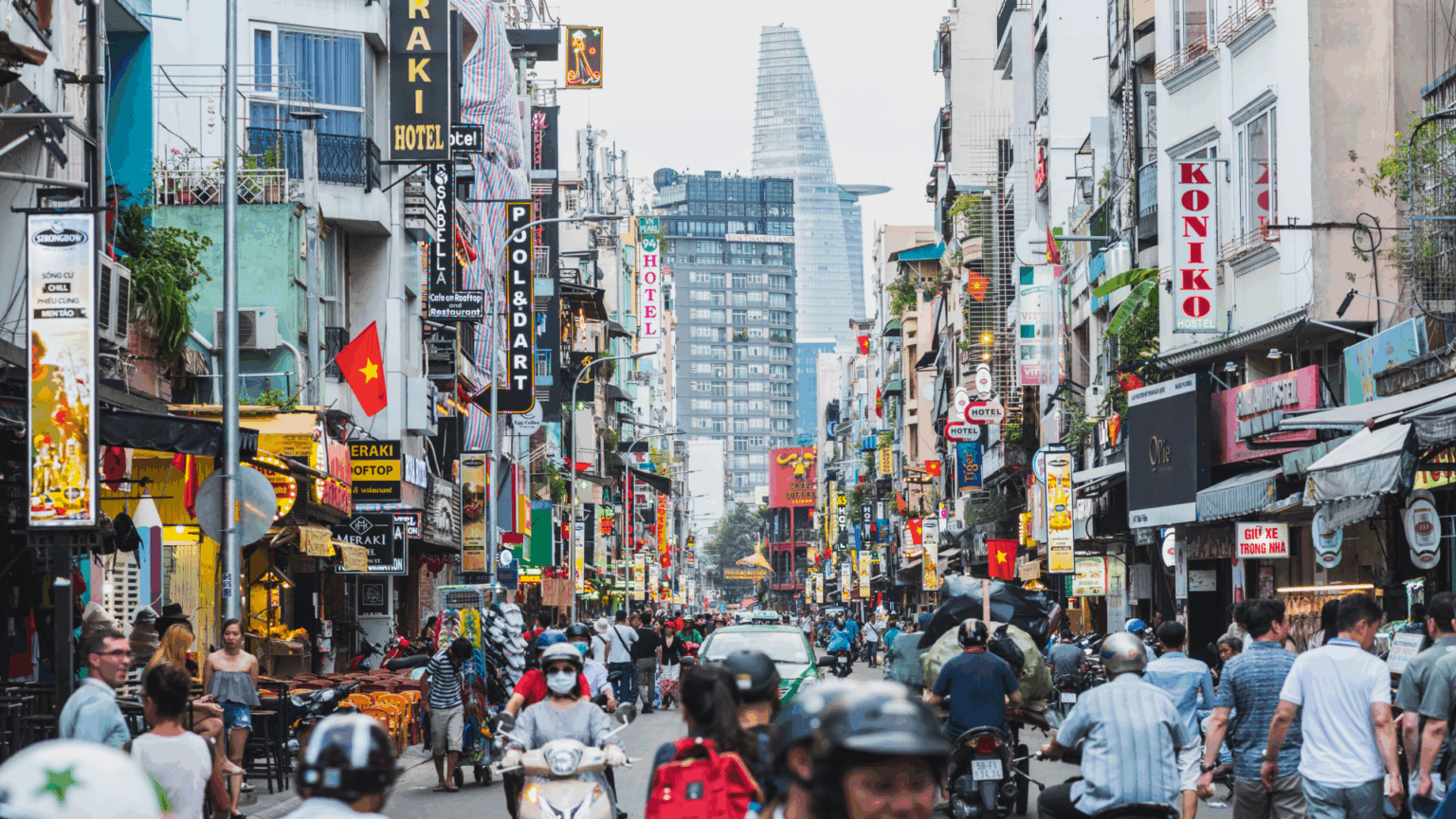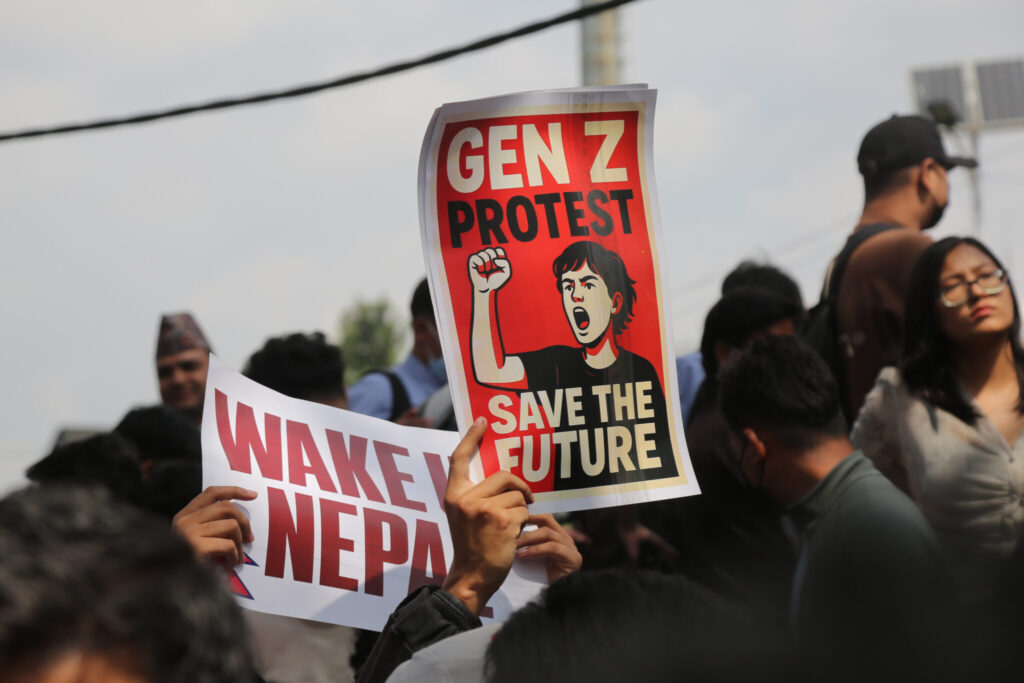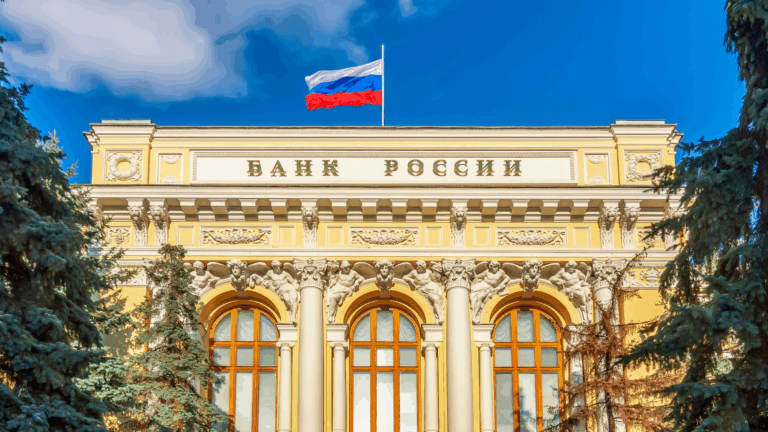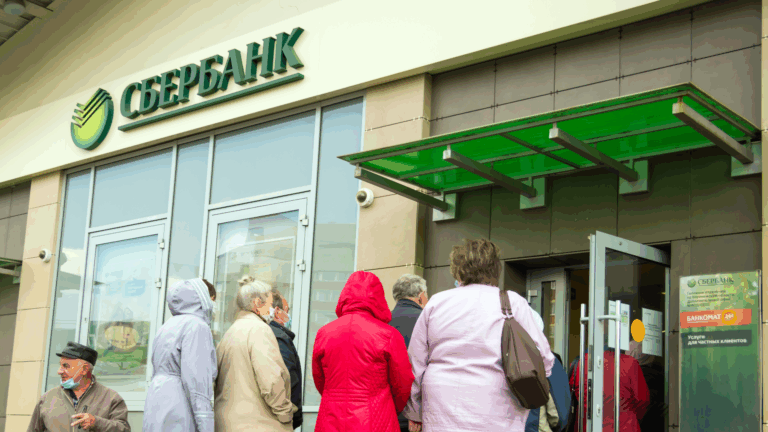Good morning, readers!
In Vietnam, the central bank deactivated more than 86 million bank accounts on Sept. 1, erasing nearly half the country’s financial accounts. The move is part of a national push for mandatory biometric ID, framed by officials as a way to curb fraud and reduce reliance on cash. While the Vietnamese affected can, in theory, recover accounts through submission of biometric verification, the policy abruptly cut millions off from their own money overnight.
Meanwhile, El Salvador passed a new investment banking law that allows private banks to offer Bitcoin services like deposits, loans, and payments. The catch? Services are only available to high-net-worth individuals, effectively sidelining most Salvadorans. The move, which runs counter to IMF requests to scale back Bitcoin exposure and initiatives, comes as President Nayib Bukele faces mounting criticism for democratic backsliding.
In freedom tech news, Swapso, an Indian Bitcoin app, integrated both the Lightning and Liquid Networks, enabling faster, cheaper, and more privacy-protecting Bitcoin payments for 1.6 billion people living under an oppressive regime. In a region rolling out its own central bank digital currency (CBDC), such grassroots tools can make Bitcoin more practical for everyday use.
We end with an essay from the Journal of Democracy, in which University of Chicago professor Paul Staniland examines how mass protests have toppled governments in Nepal, Bangladesh, and Sri Lanka in the past three years. He shows how corruption, economic crisis, and weak institutions left these regimes fragile and how youth-led movements are now testing whether their demands can translate into lasting democratic change.
Now, let’s get into it.
Global News
Vietnam | Millions of Bank Accounts Deleted
On Sept. 1, Vietnam’s central bank deactivated more than 86 million bank accounts lacking “mandatory” biometric authentication. The measure stems from “Project 06,” a government plan to build a unified digital identity system. Officials present the move as a means to stop scams and transition toward a cashless economy. But the scale is staggering: with just 113 million accounts left active, nearly half of the country’s bank accounts vanished from the banking system in a single sweep. While funds remain theoretically recoverable through in-person biometric verification, the policy risks excluding rural, elderly, and overseas citizens, alongside dissidents, who cannot easily comply. The broad closures illustrate how mandatory and top-down identification policies can cause mass financial exclusion. Reports suggest Vietnam’s already high digital asset usage is further increasing in the wake of this policy.
El Salvador | New Banking Law Amid Democratic Backslide
El Salvador passed a new investment banking law allowing private investment banks to offer services in Bitcoin. This will include deposits, loans, and payments. These offerings will be limited to high-net-worth investors, with a capital requirement of $50 million and $250,000 in liquid assets. This leaves everyday Salvadorans sidelined. The law also contradicts repeated IMF requests for President Nayib Bukele’s government to reduce exposure to its Bitcoin initiatives. This included removing Bitcoin’s status as legal tender, unwinding the state’s participation in Chivo Wallet, and increasing oversight of digital assets. The announcement also comes as the country faces mounting criticism for democratic backsliding. Indefinite re-election is now allowed, courts are filled with regime loyalists, and a prolonged state of emergency has left El Salvador with the world’s highest incarceration rate.
Cuba | Integrates into Chinese Payment System and Represses Protests
In Gibara, eastern Cuba, a 20-hour electricity blackout sparked rare street protests. Cubans took to the streets banging pots and pans together and chanting “freedom” before security forces moved in. At least a dozen people were arrested, underscoring how the Communist Party of Cuba (PCC) continues to punish peaceful demonstrations. New surveys show blackouts now rank as Cubans’ top concern, surpassing even empty supermarket shelves, inflation that has collapsed the Cuban peso, and wages that barely cover the cost of basic food items. While Cubans endure repression, blackouts, and scarcity, the PCC is touting its newfound integration into China’s Cross-Border Interbank Payment System (CIPS). This is more political than practical, doing little to improve the strenuous financial realities of Cubans.
Kazakhstan | Central Bank Lauded for CBDC Despite Authoritarian Governance
Kazakhstan’s central bank was just awarded the “Pioneering CBDC Initiative Award” for its CBDC, the digital tenge, at this year’s global CB+DC Conference in the Bahamas. The international praise obscures the risks of introducing a government-controlled digital currency in an authoritarian context. Kazakhstan scored just 23/100 in Freedom House’s 2023 Freedom in the World report. Officials routinely ban protests, conduct arbitrary arrests, and even impose Internet blackouts to silence dissent. In such an environment, a CBDC would make it easier for the state to freeze, seize, or selectively restrict the finances of activists and critics, amplifying repression. Widespread corruption further heightens concerns, raising doubts that promises of transparency will outweigh the risks of political favoritism and targeted financial control.
India | Expands Online Censorship Powers
India expanded its censorship capabilities with a new government platform called Sahyog, which lets federal ministries, state agencies, district officials, and even local police request takedowns of online content they deem “detrimental to law and order.” Since its launch in October 2024, officials have requested nearly 300 takedown requests covering over 3,400 URLs. Platforms like Meta and Google have complied, while X has taken matters to court, calling Sahyog a “censorship portal.” This shift bypasses Supreme Court safeguards on censorship orders. HRF expresses deep concern over this expansion of censorship and urges India’s government to reconsider these policies and uphold the right to freedom of expression. Learn more about the Indian government’s stifling of free expression from former Oslo Freedom Forum speaker Raqib Hameed Naik here.
Recommended Content
Why South Asia’s Regimes Keep Falling by Paul Staniland
In the Journal of Democracy, University of Chicago professor Paul Staniland examines how mass protests toppled governments in Nepal, Bangladesh, and Sri Lanka in just three years. The essay highlights how entrenched political corruption, economic hardship, and weak public institutions left these governments vulnerable, and how decentralized, youth-led protest movements are forcing change. For the young demonstrators driving these movements, Staniland argues the challenge ahead is ensuring their demands translate into lasting democratic change. Read it here.
Bitcoin and Freedom Tech News
Swapso | Integrates Lightning and Liquid Networks with Breez SDK
Swapso, a self-custodial Bitcoin wallet app in India, has rolled out support for both Lightning and Liquid Network transactions powered by the Breez Software Development Kit (SDK). Swapso users can now send and receive sats (the smallest unit of Bitcoin) instantly, at lower fees, and with greater privacy than traditional on-chain transactions. The integration strengthens Swapso’s utility in a country where high fees and limited financial access can be barriers to grassroots Bitcoin adoption and the financial freedom that follows. As India’s authoritarian regime rolls out its CBDC, the digital rupee, open tools that reinforce the accessibility and practicality of Bitcoin run paramount.
Alby | Testing Spark Wallet Integration
Alby, a self-managed software that allows you to interact with the Lightning Network and perform Bitcoin transactions sovereignly, is now experimenting with a Spark integration. Spark is a new Bitcoin payments protocol that uses statechains to move Unspent Transaction Outputs (UTXOs) off the blockchain, allowing ownership to change hands without recording every transfer on-chain. This makes payments faster, cheaper, and more private. Combining Alby’s ease of use with Spark’s transaction efficiency could bring permissionless and sovereign payments to a much wider audience of dissidents, activists, and users. The takeaway: new layer-two protocols can improve usability and increase Bitcoin’s transaction throughput, but they also require greater trust in operators of application layers like Spark, a tradeoff that must be weighed in individual contexts.
Cashu Development Kit | Introduces FFI Bindings for Interoperability
Developers have made a key update to the Cashu Development Kit (CDK) that will help bring ecash to more people. By adding new tools called “bindings,” CDK’s privacy-preserving wallet technology can now be used in more common programming languages like Python, Swift, and Kotlin. In practice, this means developers can more easily build Cashu-powered wallets for iOS and Android without needing to learn Rust, the language CDK was originally written in. This release lowers barriers for mobile apps and could accelerate the spread of Cashu ecash as an easy, private way to use Bitcoin. A decisive advantage for activists who need discreet, censorship-resistant tools to fundraise and transact under repressive regimes.
Librería de Satoshi | Announces Bitcoin Core Principles Course
This course by Librería de Satoshi, an HRF grantee and Latin American Bitcoin education initiative, explores Bitcoin’s core principles across decentralization, scarcity, and immutability. Participants will study key readings, join workshops, and engage in peer learning. For human rights defenders, the course offers a deeper understanding of why Bitcoin’s design resists censorship and seizure and how its principles can support financial freedom under repressive conditions. Applications close Oct. 7, 2025, and the course runs Oct. 13 to 27, 2025. Learn more here.
Bitcoin Chiang Mai | Bitcoin Whitepaper Day Event
Bitcoin Chiang Mai is hosting a Bitcoin Whitepaper event in Thailand on Oct. 31, 2025. It will feature a presentation by HRF Global Bitcoin Adoption Fellow, Win Ko Ko Aung, and other Bitcoiner activists sharing stories of resilience, activism, and financial freedom. The focus is on how Bitcoin empowers people facing repression, especially in places like Burma, and how it shapes global conversations on human rights. Beyond the talks, it is a space to connect, be inspired, and explore how innovation can empower the global majority and beyond. Learn more about it here.
Recommended Content
Coding the Future of Bitcoin Freedom with Abubakar Nur Khalil
On The Bitcoin Source podcast, Nigerian Bitcoin developer and HRF grantee Abubakar Nur Khalil shares his journey from self-taught coder to Bitcoin Core contributor and board member of Btrust, an Africa-focused Bitcoin development fund. Khalil reflects on Bitcoin’s growing role across the continent as a hedge against inflation, capital controls, and banking failures, while stressing the urgent need for developer education so Africans can build localized tools. For Khalil, Bitcoin’s promise in Africa lies in pairing financial freedom with local innovation. Watch it here.








